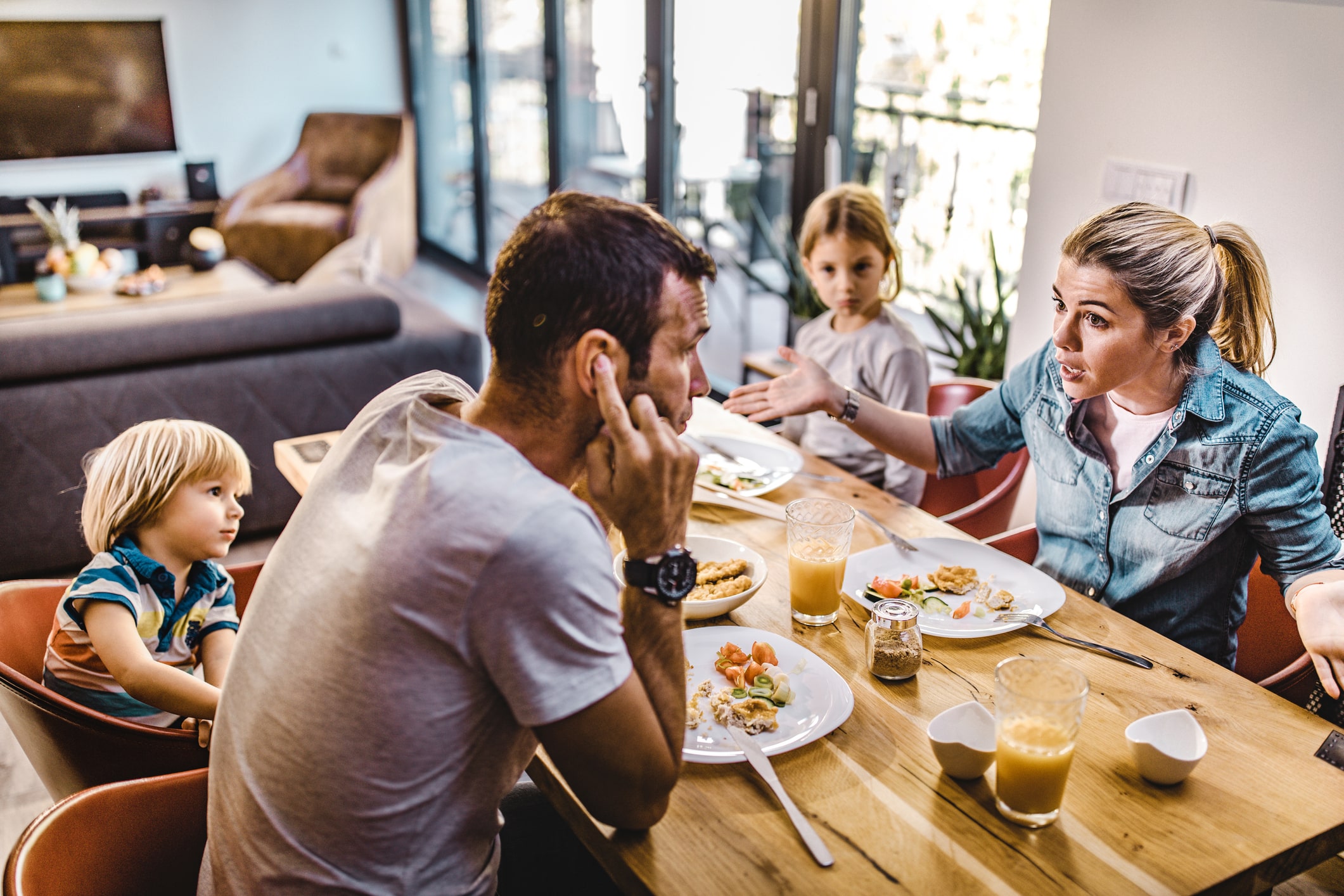By Christa Banister
There’s no way around it. Substance abuse is not only difficult for the person struggling with addiction, but it’s also rough on family members who rally around their loved one.
People all respond differently in any crisis situation. Consciously or unconsciously, mom, dad, brothers, sisters, grandparents, and other extended family are trying to find their place in the midst of the struggle. Not surprisingly, their methods may collide from time to time.
To cope with what’s described as an “unnatural situation” in research referenced in the Chicago Tribune, the family dynamics of addiction boil down to a few key roles — the hero, the scapegoat, the lost child, the clown (or mascot), and the enabler (or caretaker).
The bottom line is addiction is hard on families, and pain, anger, and resentment are often part of the journey. But there are a number of valuable ways that family members can help their loved ones struggling with addiction.
Meet “The Hero”
If it’s a parent who is struggling with substance abuse, the hero can be an over-achieving child or teenager who hopes his or her natural perfectionism — excelling in academics, sports, other extracurricular activities — will inevitably hold the fractured family together.
Instead of addressing the issue head-on, the chief goal of the hero of any age is to avoid bringing more shame or negativity to the family. This can be accomplished by attempting to cover up for the addicted person or simply dismissing bad behavior. The appearance that everything’s okay is projected to be more important than whatever actually is.
In some cases, the hero may even attempt to sabotage an intervention, preferring to be the one who can fix the problem. When things are difficult, the hero may harbor resentment toward the family member who is struggling or other family members in a different role.
Meet “The Scapegoat”
Unlike their positive counterpart (the hero), the scapegoat approaches the situation from a decidedly negative place. The requisite “problem child” of the family, the scapegoat diverts the family’s attention from the person struggling by acting out. Maybe it’s persistent hostility or deliberate acts of defiance, but however it materializes, it’s meant to change the conversation by creating a new one.
Meet “The Lost Child”
While the remaining family members play their chosen roles, the person stepping into the lost child role prefers to fly quietly under the radar.
As tensions rise, as they often do with substance abuse, the lost child avoids conflict by staying out the way. Essentially disappearing into the background, they aren’t a constant source of positivity like the hero or negativity like the scapegoat. They’re serving in the “no attention” role and will often find friends and hobbies outside the family unit.
Meet “The Clown” or “Mascot”
On Friends, it’s Chandler Bing. On The Big Bang Theory, it’s Howard or Raj, depending on the day. Using humor or outrageous behavior to detract from reality or someone’s underlying pain is a trick as old as time.
A popular diversionary tactic, the clown or mascot may play down the severity of what’s happening and try to make everyone feel better by making them laugh. While a moment of levity in difficult situations is probably appreciated from time to time, it’s not a plausible strategy for addressing problems that aren’t funny in the least.
Meet “The Enabler” or “Caretaker”
Some people are natural caretakers, and going above and beyond to make sure everyone is happy, settled, looked out for is a role they fall into naturally. But this instinct to “make everything and everyone feel okay” can lead to enabling without proper checks.
Maybe it’s someone calling in “sick” for the spouse who struggles with substance abuse. Or it’s the guilt a parent feels when their addicted child refuses to change but plays the “What will I do if you kick me out on the street?” card. The need to keep the peace and take care of someone can be detrimental in taking meaningful action to help the addicted person.
In other findings from Alvernia University, these aforementioned roles expand to include the person struggling with addiction, described as the “focal point of the family.” Whether intentionally or not, family members begin to invest more energy into dealing with the day-to-day challenges of their loved one’s addiction.
…addiction is an issue that so few of us are equipped to address without the input of experts, seeking out educational resources and support groups is paramount.
Creating Healthier Patterns to Support a Loved One

Considering the myriad of ways that families cope and approach supporting their loved one struggling with addiction, it’s not exactly difficult to see how dysfunctional patterns can harm the family system.
In order to become a unified front for their loved one in recovery, family members must realize that no one person can control the actions of another. All anyone can do is control his or her response and attitude in dealing with the day-to-day struggles.
And because addiction is an issue that so few of us are equipped to address without the input of experts, seeking out educational resources and support groups is paramount.
For Kay Warren, whose younger brother told her he struggled with heroin addiction, her initial response was an angry barrage of questions born of fear and shock and concern for her only sibling. For the next five years, Kay, along with her family, rode what she told Time was a “roller coaster of a substance use disorder with him.”
After a long journey that led to her brother driving himself to a detox center, he slowly rebuilt his life. Warren says while he did that, their family had to do the same.
People all respond differently in any crisis situation. Consciously or unconsciously, mom, dad, brothers, sisters, grandparents, and other extended family are trying to find their place in the midst of the struggle.
How to Support Your Loved One in a Helpful, Healthy Way
The bottom line is addiction is hard on families, and pain, anger, and resentment are often part of the journey. But there are a number of valuable ways that family members can help their loved ones struggling with addiction.
According to the National Institute on Drug Abuse, a few simple gestures can show you care, even when it’s incredibly difficult. They include:
- Offering rides or transportation options for support groups and treatment
- Finding resources to better understand addiction and sharing them with your loved one and other family members
- Reminding him or her to take doctor-prescribed medicine
- Helping with lodging, the job search, and diversions to take their mind off drugs or alcohol
- Being an open channel of communication when he or she struggles with cravings, relapse, or feelings of hopelessness
If you or someone you love is struggling with addiction, we’re here for you. While taking that first step may be scary or feel uncertain, we can help you heal and begin a new chapter.



